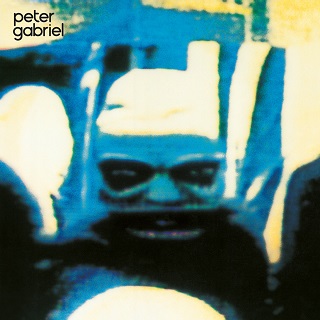 Lou Ann Barton
Lou Ann Barton - Old Enough
Barton caught the ear of producer Jerry Wexler, who envisioned her in the same mold as Aretha Franklin on
Lady Soul. The album was recorded at the legendary Muscle Shoals Sound Studios, with a band that included David Hood, Jimmie Vaughn, Jimmy Johnson, Glen Frey, and the Muscle Shoals Horns. The album failed commercially, which was pretty much a given considering it was old school R&B in the age of diagonal zip suits, and Barton went back to the Texas bars in short order.
 Catholic Girls
Catholic Girls - s/t
The cover makes you expect the worst, but this is a surprisingly strong debut album that hasn't dated much at all over the years. Led by Gail Peterson, the songs kept one foot in 60s girl groups and the other in skinny tie new wave power pop, and managed a sly sort of feminism in the lyrics. "Boys Can Cry" is a song I've used on many mixes over the years, and probably many more in the future.
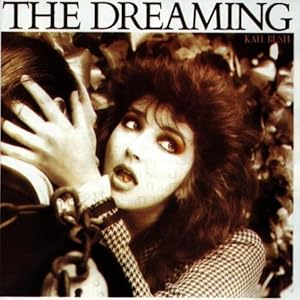 Kate Bush
Kate Bush - The Dreaming
By far my favorite Kate Bush album, and it might be the only Kate Bush album that I truly like. After this one she fell into an Adult-Contemporary coma, but on
The Dreaming she still had some unsanded edges. It doesn't exactly rock, of course, but it pushes the envelope in a few different directions that she'd never been before nor would she ever revisit. The title track itself is worth the price of admission.
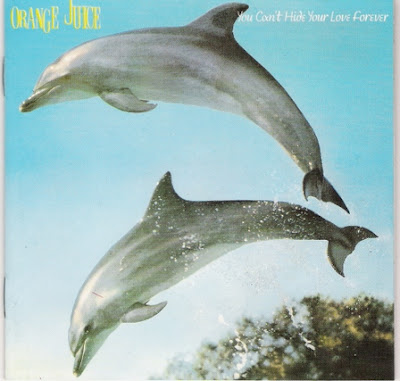 Orange Juice
Orange Juice - You Can't Hide Your Love Forever
Make no mistake, without Orange Juice the very existence of the Smiths would have been in serious jeopardy. Edwyn Collins' fey vocals and the band's earnest jangle were the foundation upon which Morrisey's career was built. As such, it's especially difficult to separate the influence of the band from the actual quality of their recordings.
You Can't Hide Your Love Forever, from its title on down, was a direct challenge to the post-punk nihilism so fashionable in the early 80's underground. At the time the sweet pop of Orange Juice sounded like a revolutionary gesture. 20 years later that gesture has long since lost its significance, but we're gratefully left with the sweet pop. Pleasant listening for anyone who secretly wished the Smiths were a little less about mopey white boy angst and a little more about the funk.













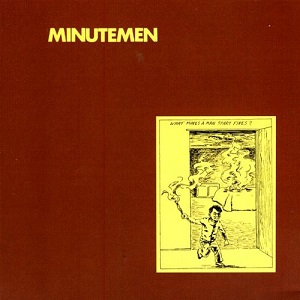








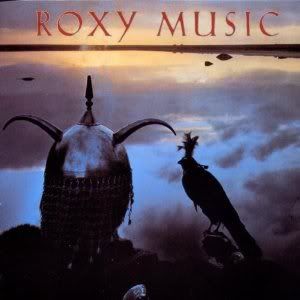

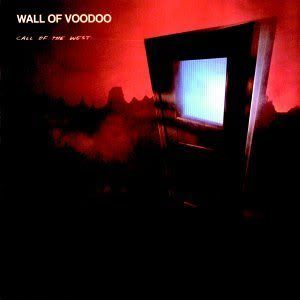
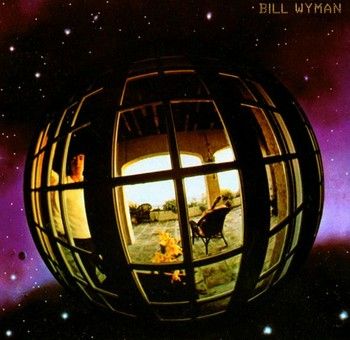















 [cimg=350]
[cimg=350]